The Divine Narrative: From Creation to Chaos Theory
Written on
Chapter 1: The Beginning of Everything
In the earliest moments of existence, there was God, encompassing all that was and would be. This divine essence was tightly contained within an immense mass of matter, which simultaneously flowed as an immense energy source. However, God yearned for a deeper understanding of self; in the absence of reflection, there was no way for God to grasp the entirety of God’s own nature.
Thus, the cosmos erupted! BANG! BOOM! WHOOSH! Over what would seem like eons to us (but mere nanoseconds to God), fragments of this divine essence dispersed across the vastness of the universe, each beginning a unique journey of transformation—some by chance, others through design.
In this chaotic dance of existence, organic life emerged. God marveled, “How fascinating! This aspect of myself is entirely new!” Curiosity sparked a series of experiments, leading to the question: “What if I allow these fragments of myself to evolve freely?” This interplay of randomness and intention became the foundation of existence.
As time unfolded, matter and energy began to differentiate, leading to organic life forms.
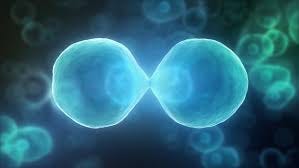
God observed the cycle of life and death, marveling at how living beings would cease to exist, only to be reborn in varied forms. “Isn’t it incredible how life perpetuates itself?” God exclaimed. Over an immense stretch of time, organic matter evolved into the ancestors of humanity, larger and more complex than the original simple cells. Each “day,” defined by God’s own whims, revealed a deeper complexity and intrigue within creation.
Yet, with the division of existence came a sense of alienation. God yearned for companionship from beings capable of intellect and curiosity—those who might mirror God’s own desire for understanding.
And so, from the depths of this complexity, a new being emerged: a creature with a primitive intellect.
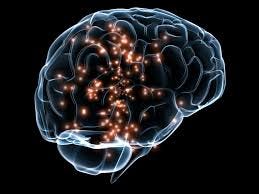
As these beings evolved, they too became aware of their mortality and the scarcity of resources, often leading to conflict. Unlike God, many feared death, viewing it as a tragic end. To rationalize their existence and the violence they sometimes resorted to, these humans created a myriad of captivating myths and narratives. They sought to explain suffering and establish codes of conduct to mitigate further harm.
The narratives varied widely, often attributing misfortunes to supernatural forces—some benevolent, others malevolent. In some stories, these beings resembled humans, experiencing love and jealousy, leading to natural disasters or divine wrath.
God found these tales both enchanting and heartbreaking, as it became evident that these creatures were often misled by their own perceptions, failing to grasp the sanctity of all life.
What pained God the most was humanity's tendency to project blame for their own malevolence onto external forces, such as “the devil” or divine punishment, rather than recognizing their own choices.
God, with a heart heavy with sorrow, continued to guide these beings, hoping they might one day understand the essence of existence.
Chapter 2: The Nature of Evil
As the complexities of existence grew, so too did the concept of evil—a notion that perplexed God. Natural events, such as earthquakes or floods, were often misinterpreted as acts of malice, despite being mere byproducts of the universe’s processes.
Evil, in its truest form, arises from conscious decisions to harm others for selfish gains, not from the natural order of life and death. Animals kill for survival; this is a part of existence, not an evil act. Human beings, however, have the capacity to choose otherwise, and therein lies the origin of evil.
Yet, when humans become consumed by doubt or fear, there exists a possibility for love and understanding to break through. Unfortunately, once they solidify their choices, the cycle of harm can be relentless.
God weeps for the suffering inflicted upon one another and the planet. The divine essence longs for connection and compassion, but it aches to see its creations trapped in cycles of pain and misunderstanding.
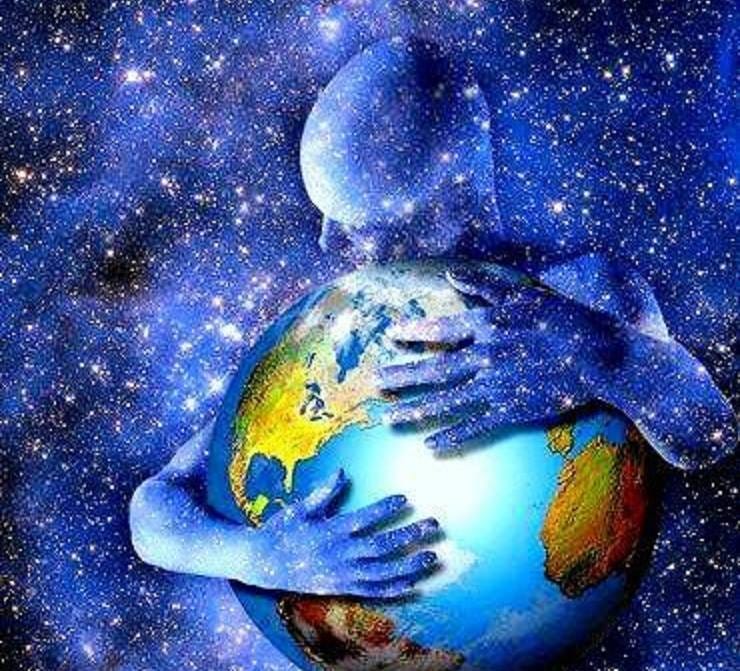
In moments of despair, God reflects, wishing to return to a time of simplicity—a singular essence without divisions or conflicts. Yet, the beauty of creation, the potential for love and kindness, cannot be overshadowed by the desire for ease.
God is not a mere genie, orchestrating every event, but rather the embodiment of love expressed through human actions. God is not all-knowing nor the architect of every circumstance. God simply IS love.
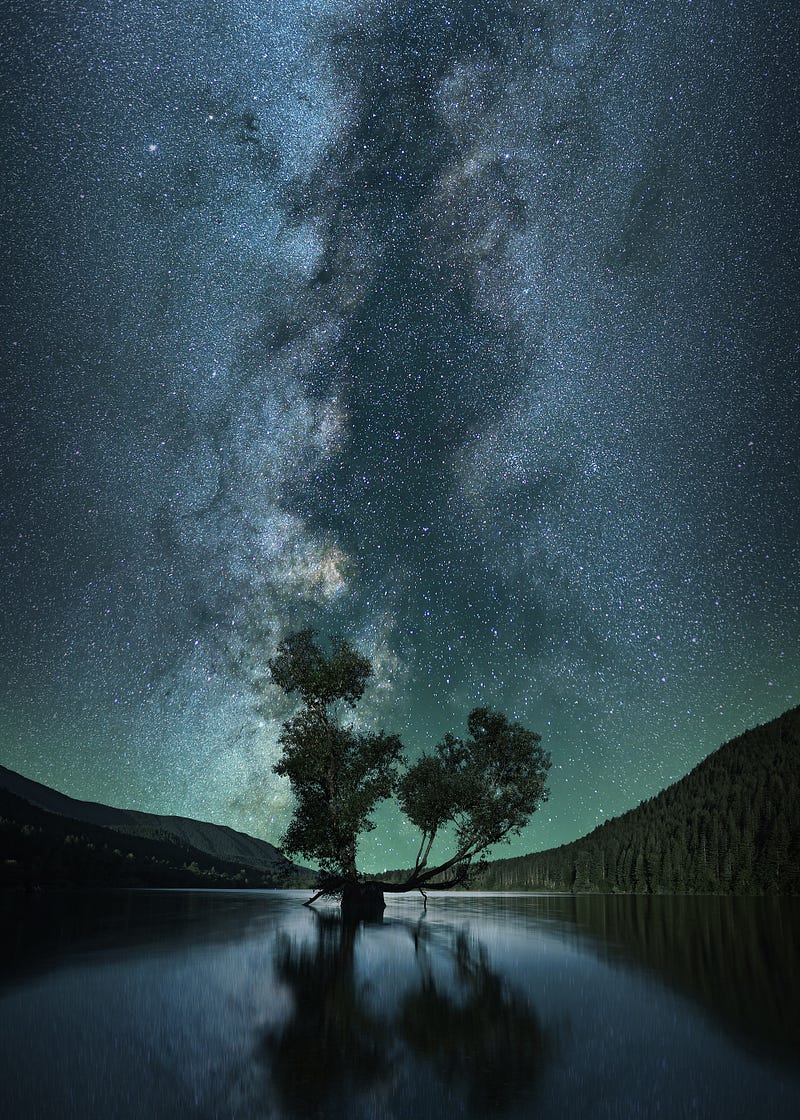
Johna Fowler, Placitas, New Mexico
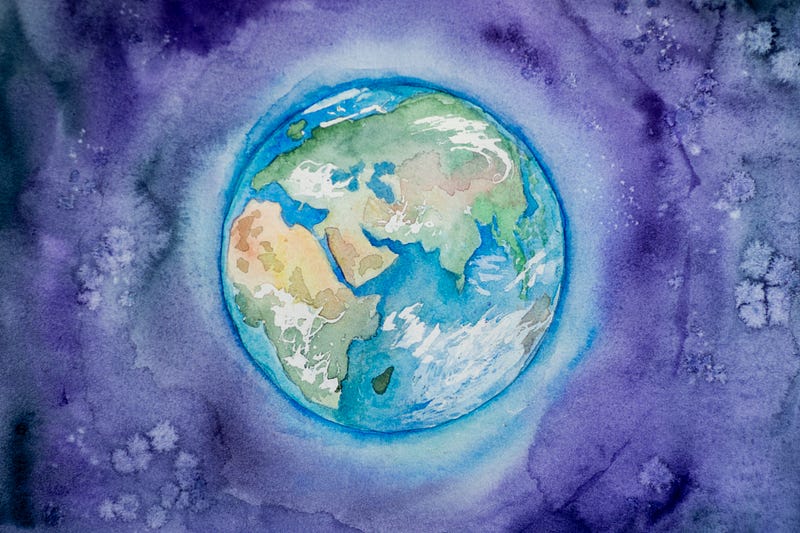
This video explores the ongoing debate between the Creationist perspective and the Big Bang theory, offering insights into the cosmic origins of our universe.
In this video, delve into God's remarkable creation story, highlighting the intricate and beautiful tapestry of life and existence.